Exhausted businesses still waiting for "opinions"
Decree 132/2020 on tax management for related-party transactions has caused difficulties for many enterprises after its promulgation. Mr. Dau Anh Tuan, Deputy General Secretary of the Vietnam Federation of Commerce and Industry (VCCI), said that the goal of Decree 132/2020 is to limit related-party transactions between enterprises, prevent the risk of transfer pricing and tax fraud. Previously, our target was often FDI enterprises with complex financial relationships, with differences in tax rates between locations of operation.
Meanwhile, the relationship between banks and enterprises, if adjusted according to this explanation, is actually aimed at combating thin capital, a completely different goal. Because the regulation on related parties including the case where banks lend to enterprises if the loan is from 25% of the capital contribution and over 50% of the medium and long-term debt of the borrowing enterprise, is also subject to a ceiling on interest expenses.
In fact, many domestic enterprises fall into this situation because their capital is usually medium and long-term bank loans (unlike many other countries where bank loans are mainly short-term). This regulation is not suitable for practice because currently in Vietnam, the capital market is not really developed, not a popular capital mobilization channel, enterprises still mainly rely on banks, living on bank credit.
Therefore, if we interpret the Bank as a party in a joint venture relationship when the loan is at least 25% of the owner's capital contribution and accounts for 50% of the total value of medium and long-term debts, then the scope of enterprises that must apply is certainly very large. Where can enterprises find sources of operating capital outside the Bank? That is not to mention the disadvantage of the Bank interest rates that Vietnamese enterprises borrow from, which are always higher than those of competing countries in the region.

Raising the ceiling on interest expenses is a solution to business difficulties.
"In previous years, when the interest rate level was stable at a low average level, the interest expense of most enterprises was below this 30%. At the end of 2022 and the beginning of 2023, the interest rate level increased sharply due to macroeconomic fluctuations, the State Bank increased interest rates to control inflation, prevent devaluation of the Vietnamese currency and keep the banking system safe. At this time, the interest expense of many enterprises exceeded the 30% allowed by Decree 132. As a result, these enterprises had their deductible expenses reduced when calculating taxes and had to pay more taxes. The General Department of Taxation should quickly listen to enterprises, dialogue with enterprises and have timely solutions. This is a solution to support enterprises that has a large impact and is highly effective, especially for domestic private enterprises that are facing many difficulties in cash flow issues," said Mr. Dau Anh Tuan.
The General Department of Taxation should promptly listen to businesses, dialogue with businesses and have timely solutions. This is a solution to support businesses that has a large impact and high efficiency, especially for domestic private businesses that are facing many difficulties in cash flow. Mr. Dau Anh Tuan , Deputy General Secretary of Vietnam Federation of Commerce and Industry |
Recently, on the website of the General Department of Taxation, this agency said that it has compiled the problems and proposed to amend the regulations on related-party transactions. Specifically, Deputy Director of the Department of Inspection and Examination To Kim Phuong said that the General Department of Taxation has drafted a report summarizing the implementation of Decree 132/2020 of the Government and completed the dossier to report to the Ministry of Finance to ask for opinions from ministries and branches. After synthesizing the opinions of ministries and branches, the General Department of Taxation will submit to the Ministry of Finance a report to the Government in accordance with the prescribed procedures, thereby implementing the progress requirements as required by the Government.
Regarding controlling interest expenses for enterprises with related-party transactions to limit transfer pricing through interest of enterprises with related-party transactions, this is consistent with international practice and recommendations of the Organization for Economic Cooperation and Development (OECD) that countries need to regulate the threshold for deducting interest expenses within the range of 10 - 30% of total pre-tax profit excluding depreciation and interest.
Accordingly, Decree 132 stipulates a maximum control of interest expenses of 30%, which is consistent with international practice. In practice, when implementing Decree 132, many enterprises have proposed to remove this regulation on controlling interest expenses in cases where enterprises borrow from banks. Through feedback from enterprises, the General Department of Taxation has researched and reviewed. In fact, in Vietnam, borrowing capital from banks to serve the production and business activities of enterprises is a regular and common activity. Based on the recommendations of enterprises, the General Department of Taxation will synthesize and report to competent authorities for research and consideration of amendments based on the recommendations of enterprises.
The consultation process is too long
According to Dr. Huynh Thanh Dien, Nguyen Tat Thanh University, the characteristic of domestic enterprises is that they use a lot of borrowed capital when their scale is still small and they are in the process of expanding and developing. Therefore, the OECD's recommendation on the ceiling of interest costs from 10 - 30% is not suitable for Vietnam. Moreover, in the current particularly difficult period, many enterprises have not been able to restore their previous operations, so many support policies must be increased. Many forecasts from domestic and foreign economic organizations and experts also say that in 2024, the economy will still face many difficulties. The Government has introduced many policies to support enterprises and will continue to implement them in 2024, such as reducing taxes and fees more.
Expanding fiscal policy is the right thing to do at this time. Therefore, amending Decree 132, specifically raising the interest rate ceiling from 30% to 50%, is a solution that needs to be implemented immediately. This means that the Government does not collect all the money but leaves money for businesses to operate, especially in the context of a difficult consumer market and many units still have difficulty accessing capital from banks. Moreover, amending this decree does not require a long consultation period like the process of building a new policy.
Dr. Huynh Thanh Dien emphasized: Just looking at the reports of enterprises and the GDP index of the economy, we can see that the growth rate is low, so we need to immediately remove difficulties for enterprises in general. That will also contribute to promoting economic growth and from there the budget will increase revenue from many other taxes and fees.
Economist, National Assembly Delegate, Dr. Vu Tien Loc commented: Currently, it seems that the process of collecting opinions to make policies is too long. If there is just one dissenting opinion, the consulting agency will have a waiting mentality because it is afraid of responsibility and does not dare to make a decision. In the past, when collecting opinions with a majority of consensus, it was done. This needs to be changed, especially when the Government is still determined to reform administration and shorten procedures. Particularly for amending Decree 132/2020 on tax management of related-party transactions, it must be urgently amended, especially raising the ceiling on interest expense ratio of enterprises. Currently, the number of enterprises suffering losses, narrowing operations, and laying off employees is still happening a lot. Therefore, ministries and branches need to be urgent and work faster, especially since the Government has agreed to amend regulations that are not suitable for reality./.
Behind each enterprise is the fate of many households and possibly millions of people. A policy to remove difficulties for enterprises is to ensure jobs and social security for millions of people, not to remove difficulties for the enterprise owner alone. The longer the delay, the more difficulties the enterprise will face, creating more consequences for the economy and social security in general. Economist, National Assembly Delegate, Dr. Vu Tien Loc |
According to Thanh Nien
Source: https://thanhnien.vn/tong-cuc-thue-can-lang-nghe-va-thao-go-kip-thoi-185231113230356256.htm
Source


![[Photo] General Secretary To Lam receives Japanese Ambassador to Vietnam Ito Naoki](https://vstatic.vietnam.vn/vietnam/resource/IMAGE/2025/4/3/3a5d233bc09d4928ac9bfed97674be98)
![[Photo] Capital's youth enthusiastically practice firefighting and water rescue skills](https://vstatic.vietnam.vn/vietnam/resource/IMAGE/2025/4/3/3f8481675271488abc7b9422a9357ada)
![[Photo] Ho Chi Minh City speeds up sidewalk repair work before April 30 holiday](https://vstatic.vietnam.vn/vietnam/resource/IMAGE/2025/4/3/17f78833a36f4ba5a9bae215703da710)
![[Photo] Prime Minister Pham Minh Chinh chairs the first meeting of the Steering Committee on Regional and International Financial Centers](https://vstatic.vietnam.vn/vietnam/resource/IMAGE/2025/4/3/47dc687989d4479d95a1dce4466edd32)
![[Photo] Prime Minister Pham Minh Chinh chairs meeting after US announces reciprocal tariffs](https://vstatic.vietnam.vn/vietnam/resource/IMAGE/2025/4/3/ee90a2786c0a45d7868de039cef4a712)
![[Photo] A brief moment of rest for the rescue force of the Vietnam People's Army](https://vstatic.vietnam.vn/vietnam/resource/IMAGE/2025/4/3/a2c91fa05dc04293a4b64cfd27ed4dbe)








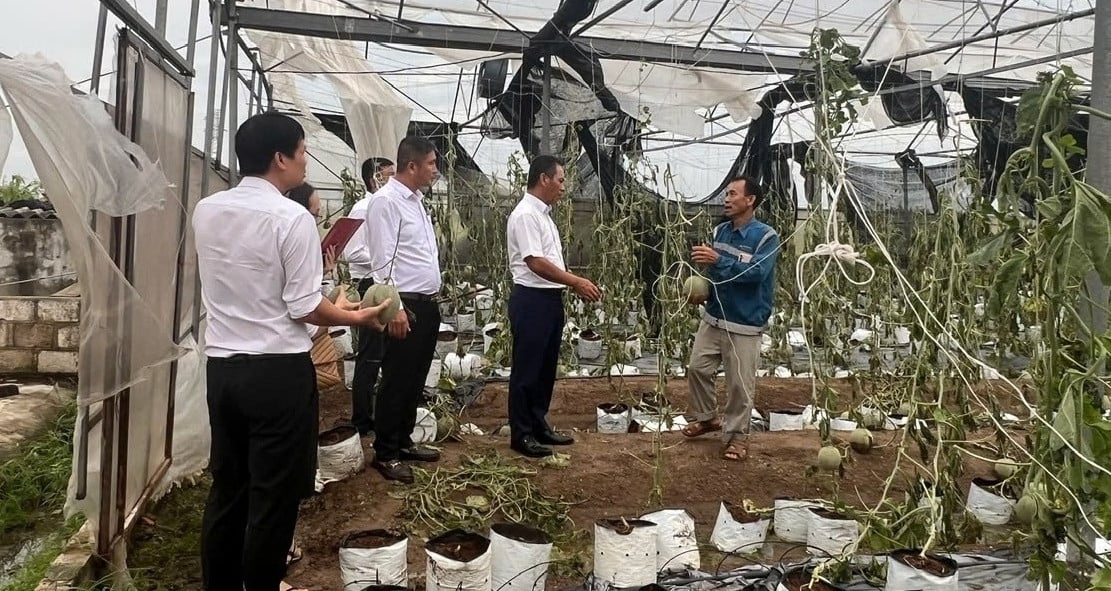
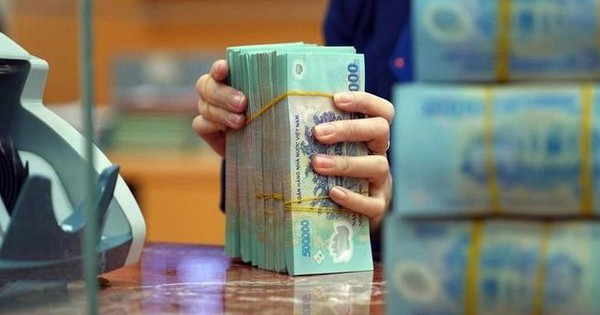

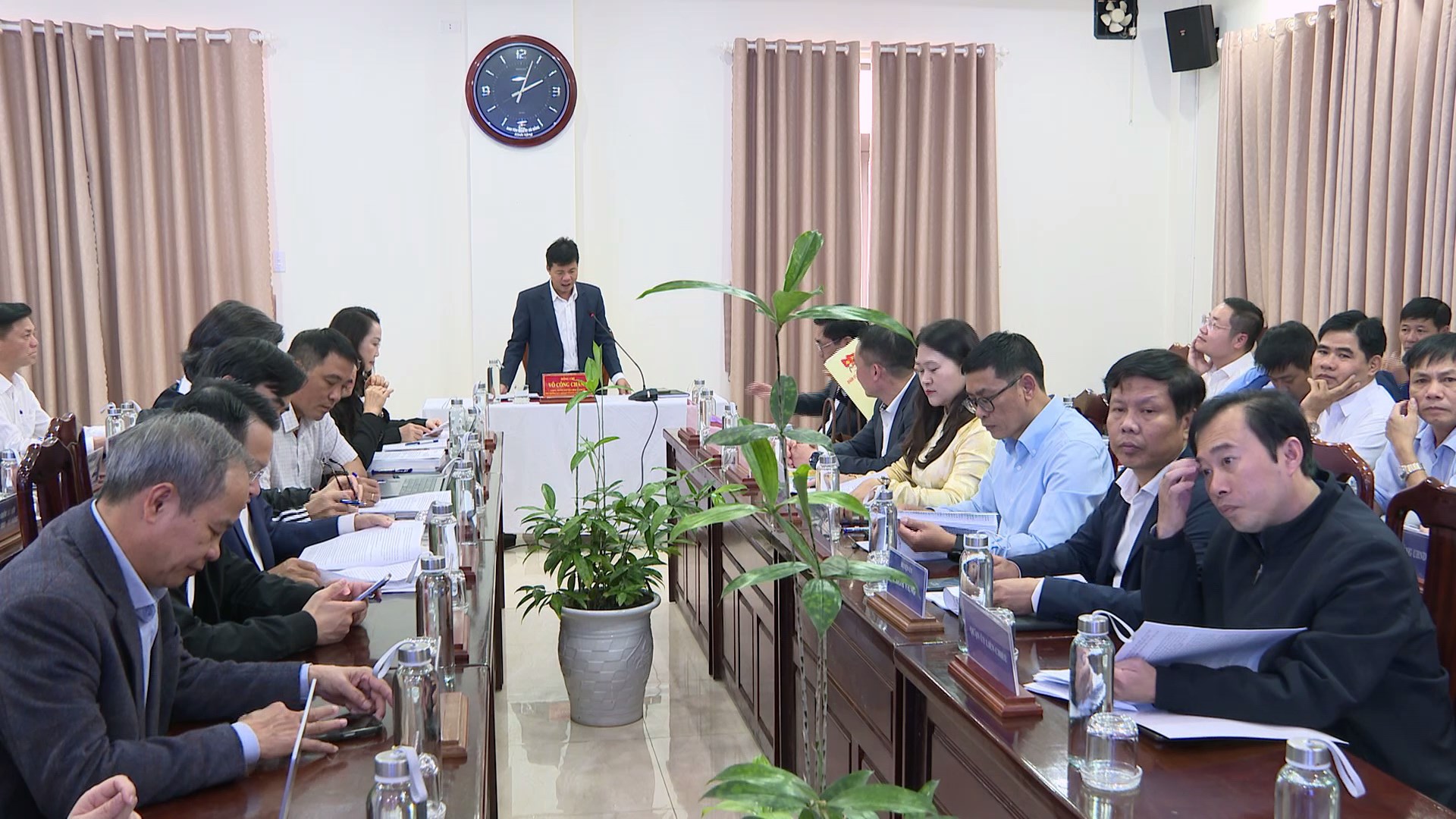
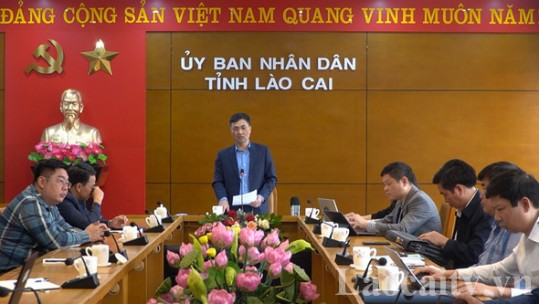
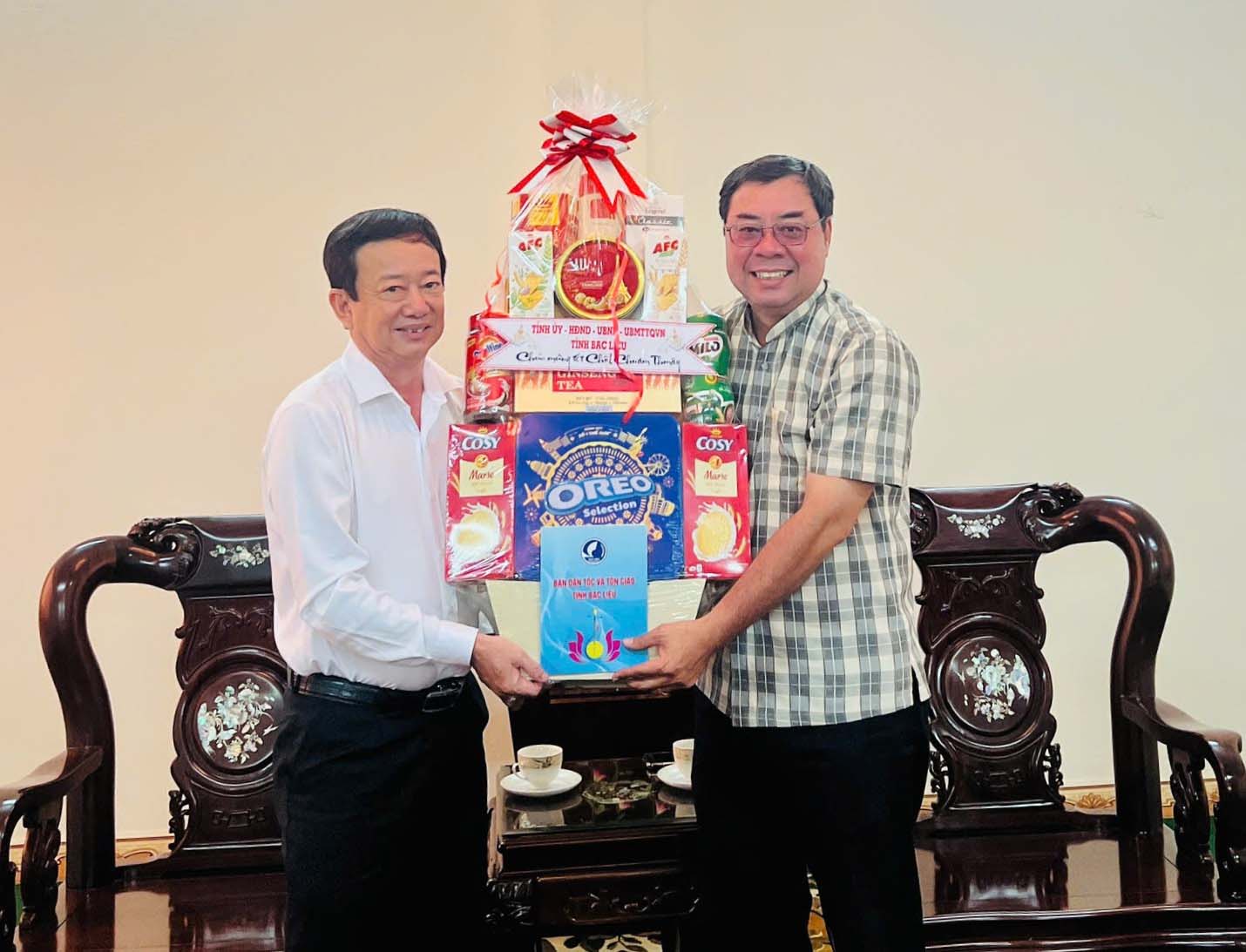








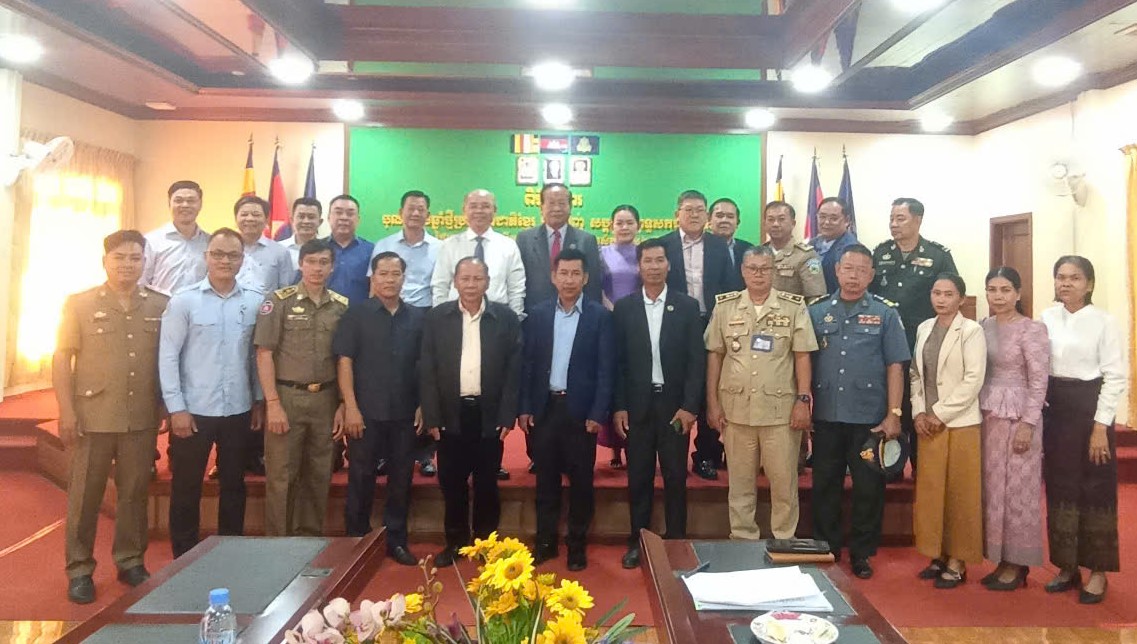
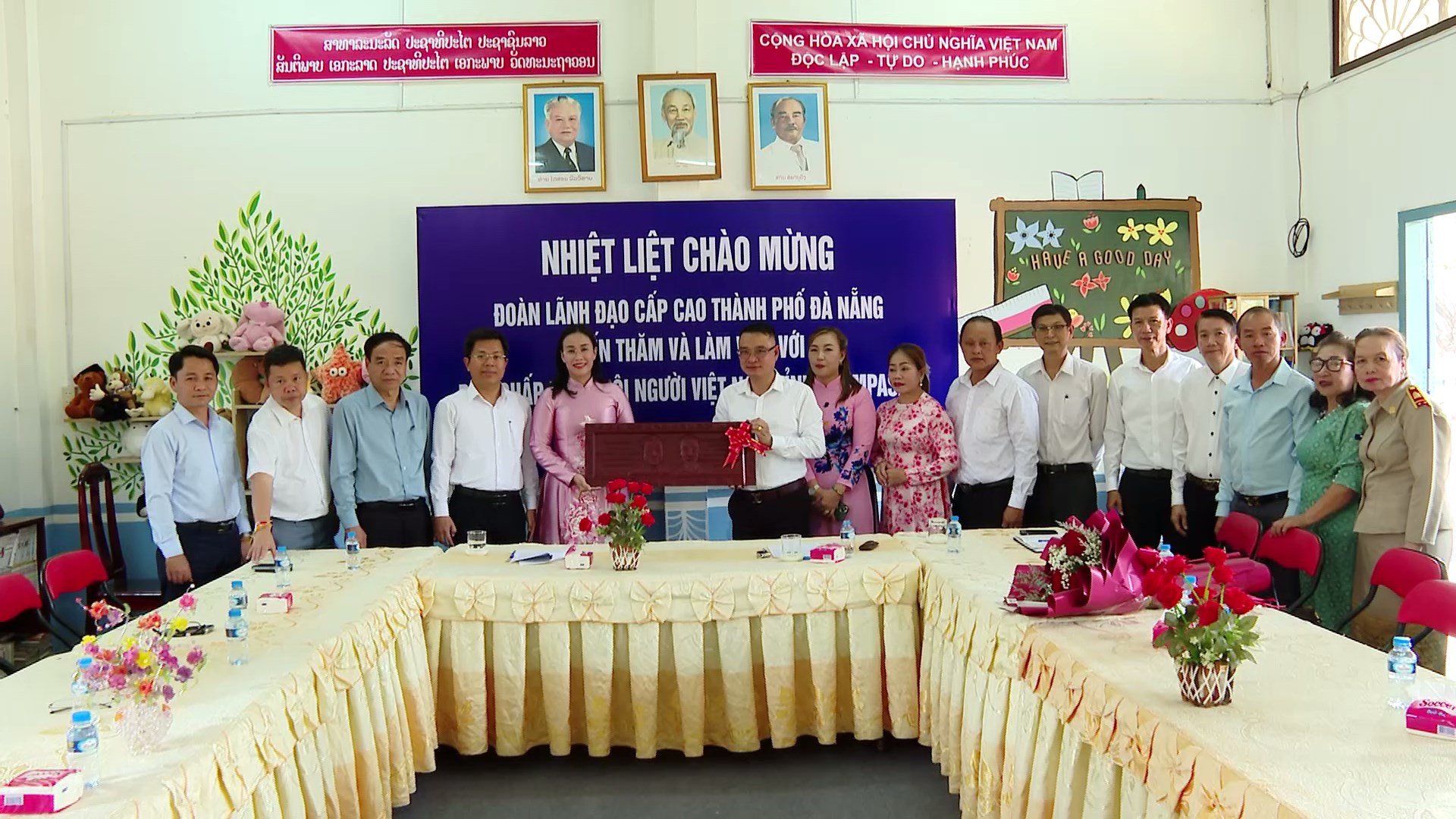
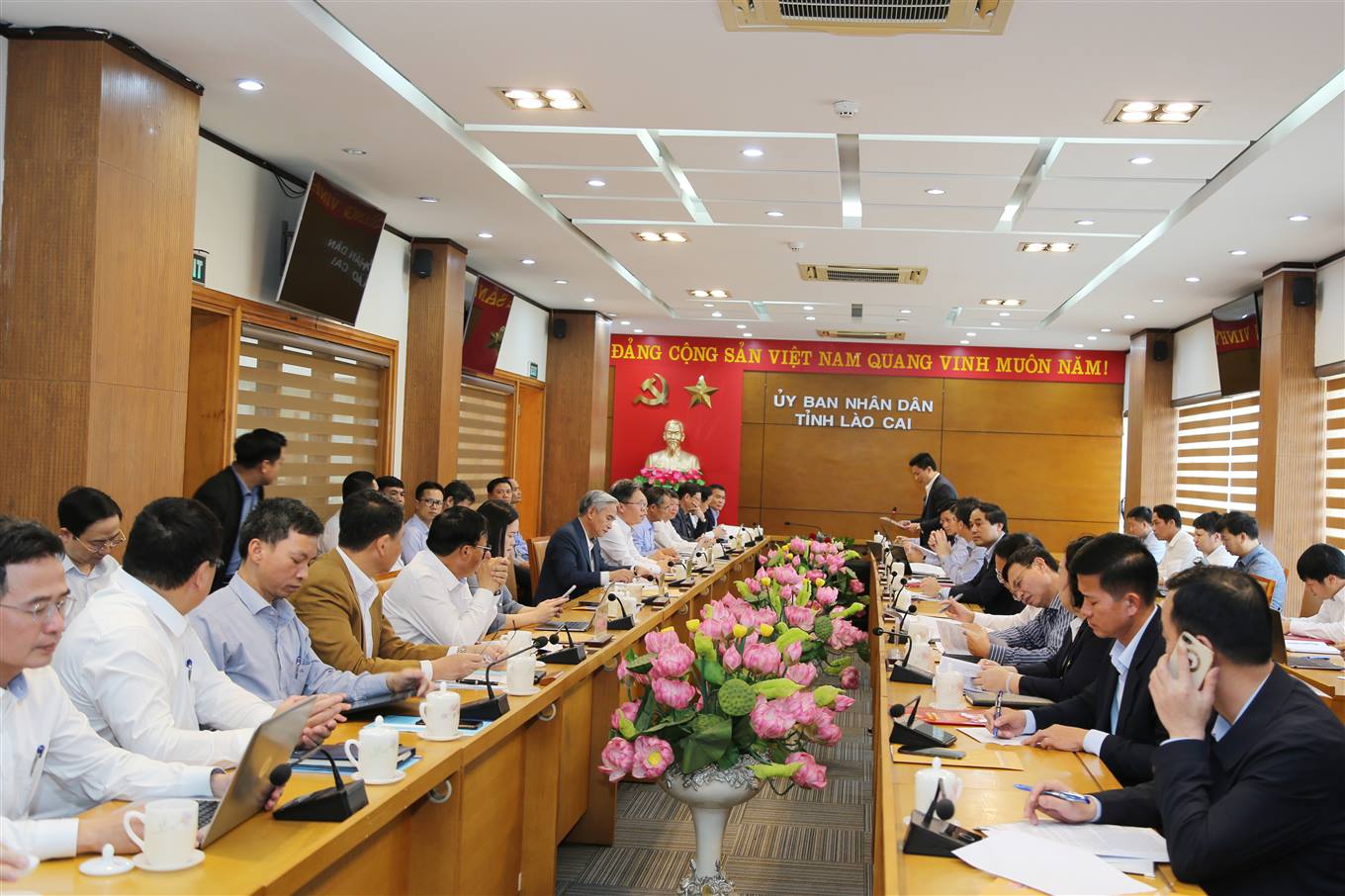

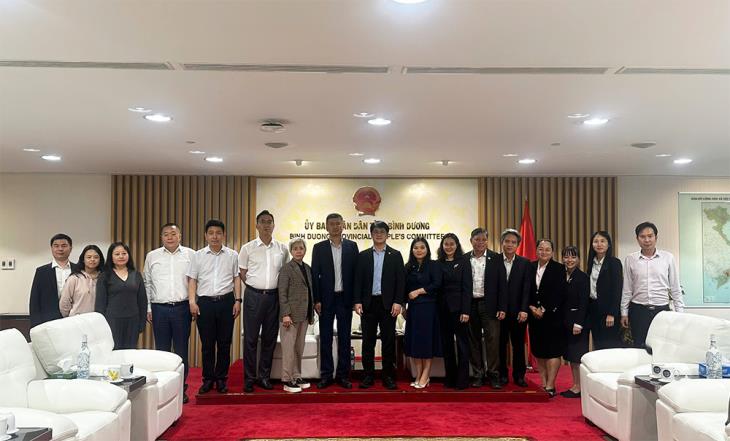
































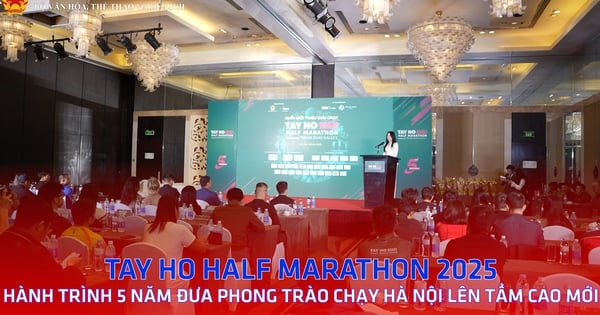







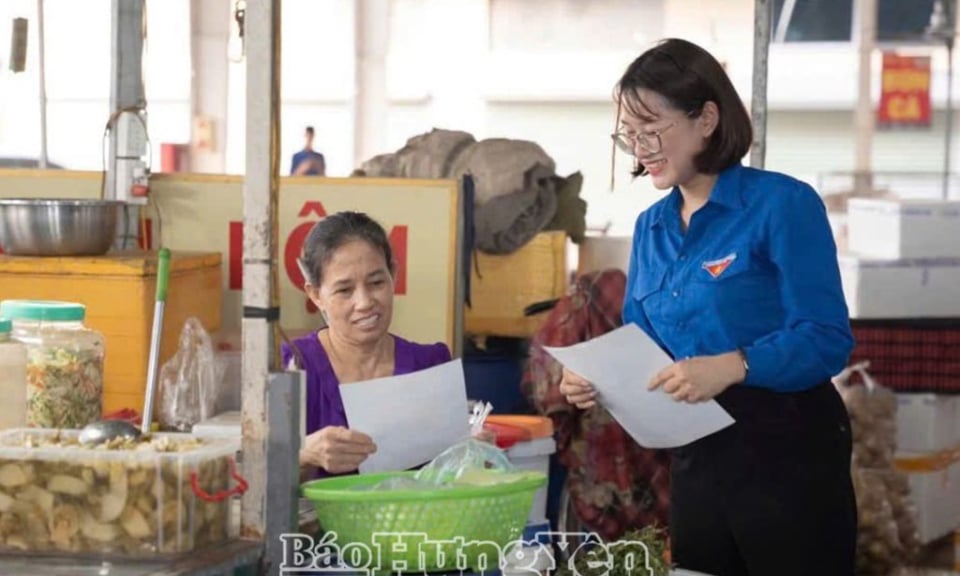













Comment (0)